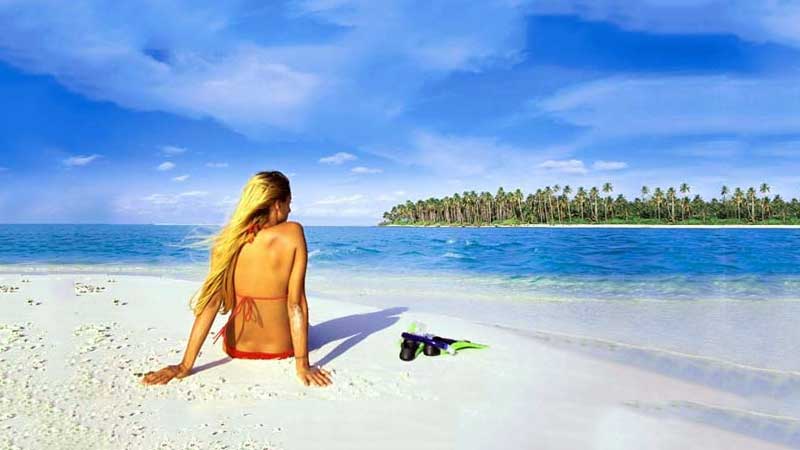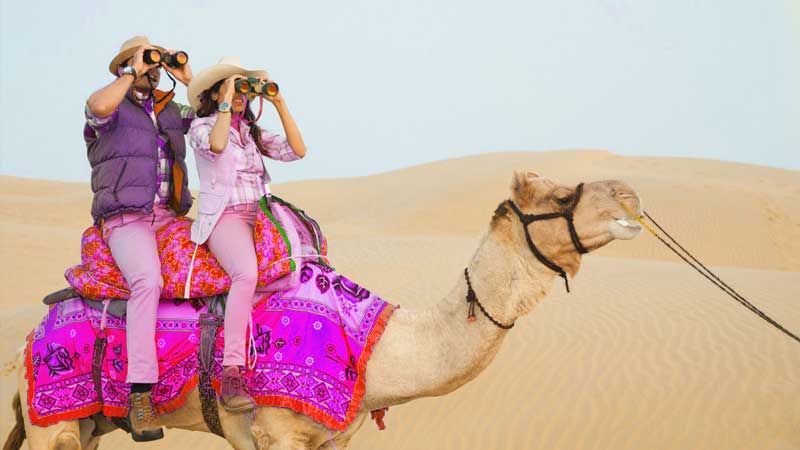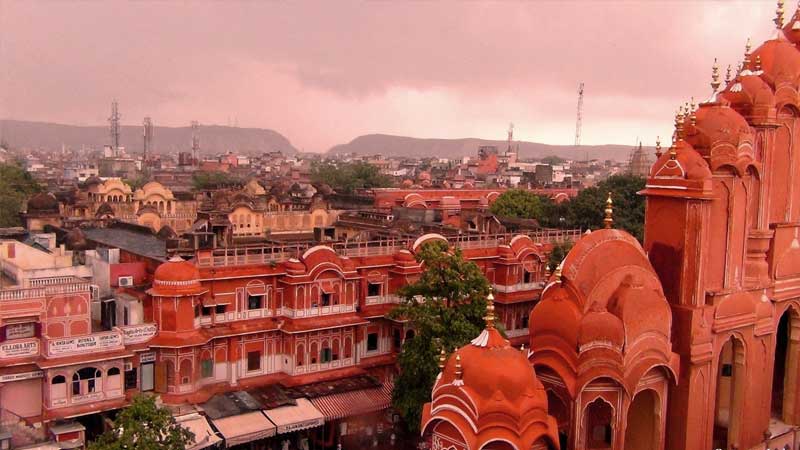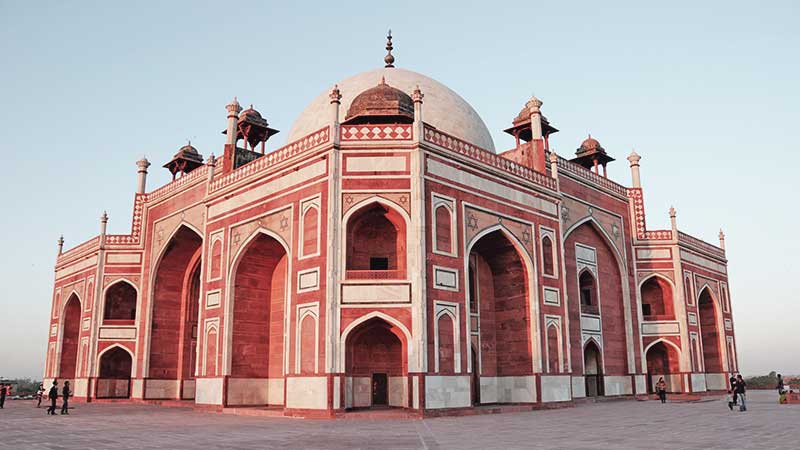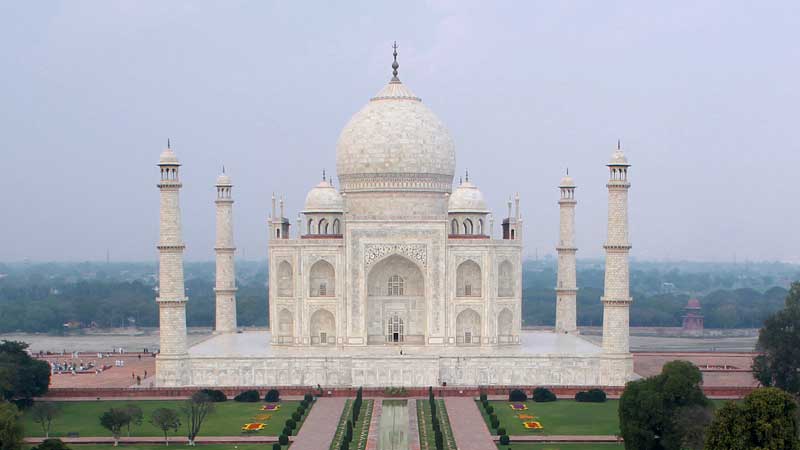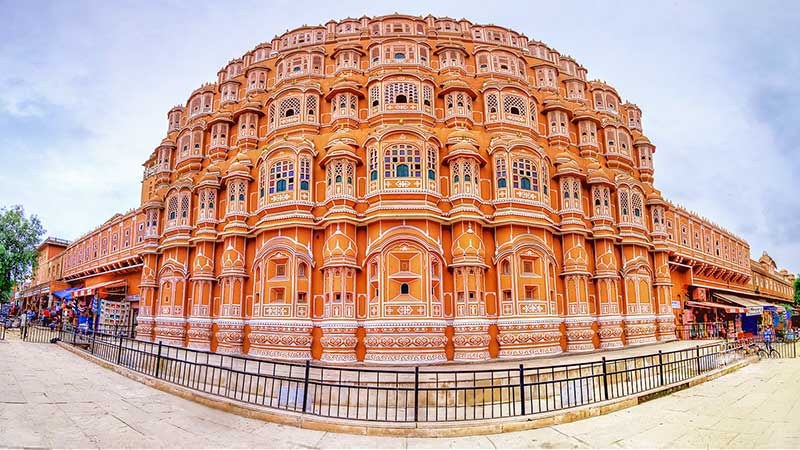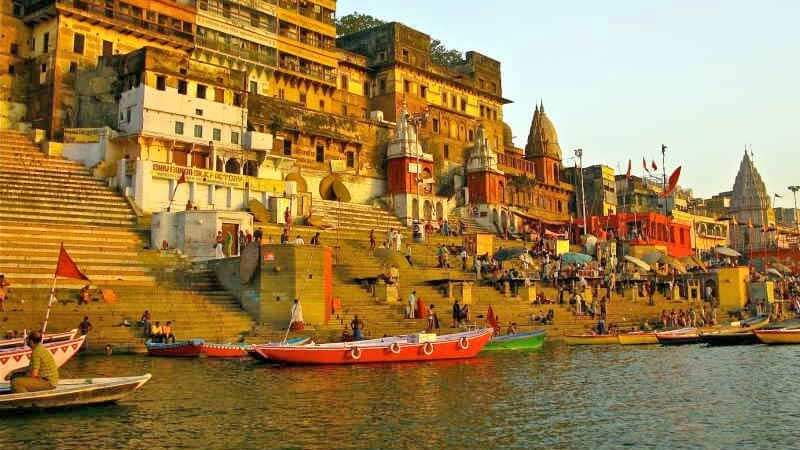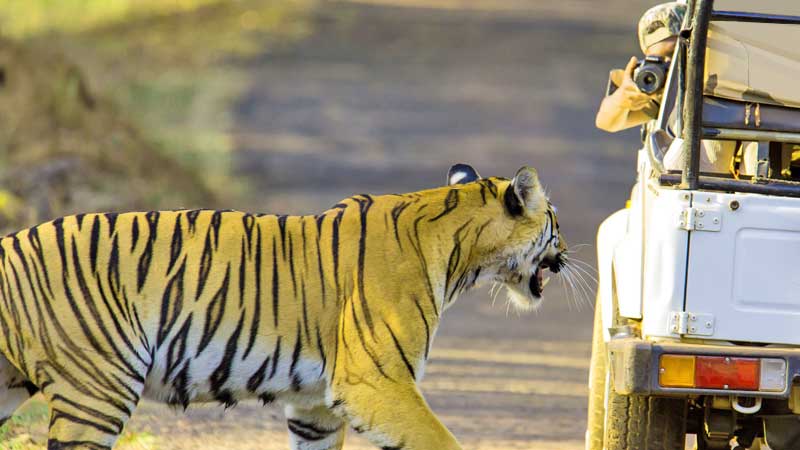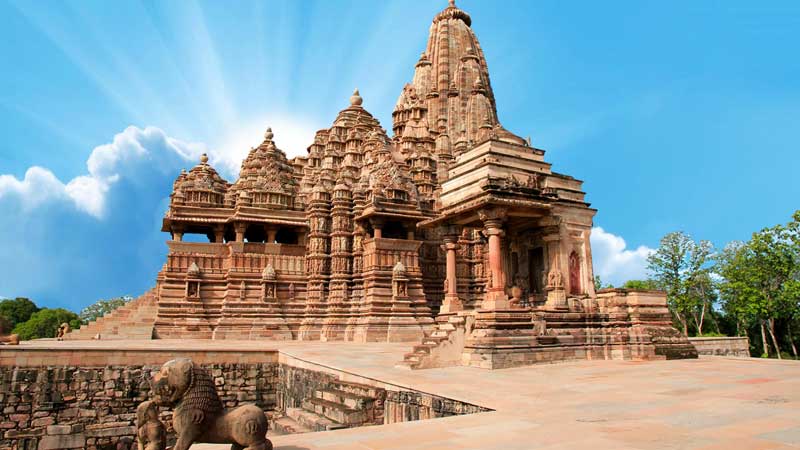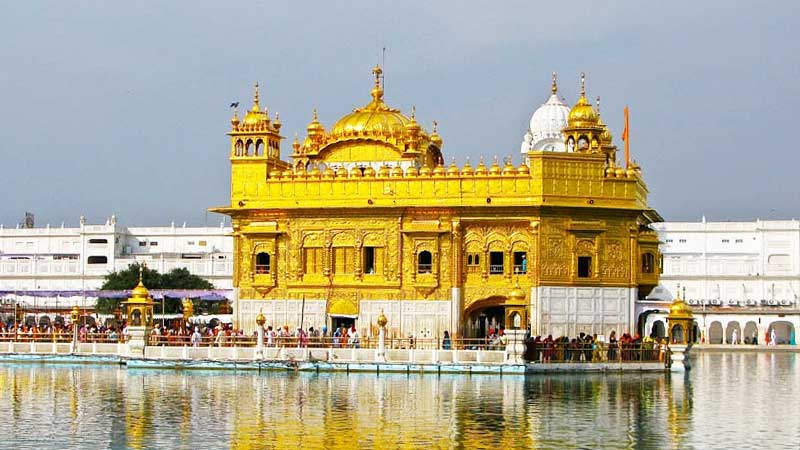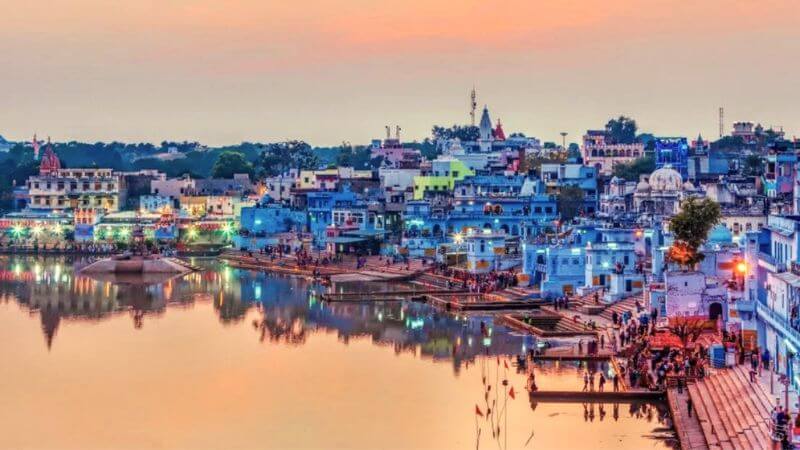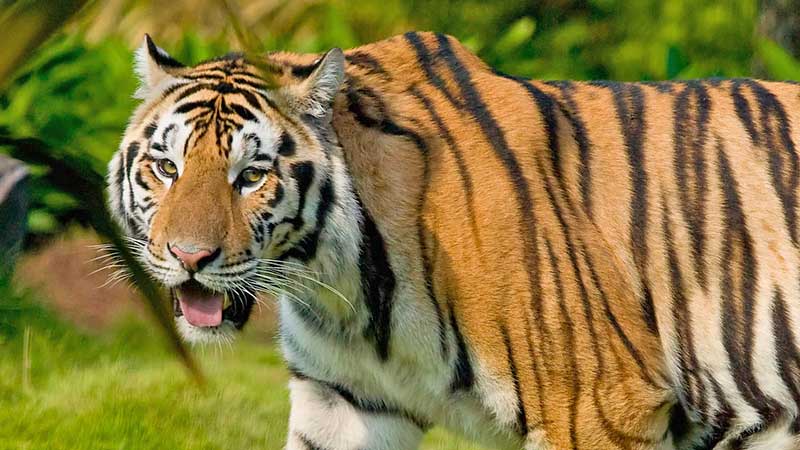
Create your OWN TOUR!
Golden Triangle Tours India
Golden Triangle Tour Package India is symbol of Indian Tourism on World Tourism Map. Golden Triangle Tour India introduces travelers to the three enticing golden Triangle circuit destinations – Delhi, Agra and Jaipur. Famous among domestic travelers as well as international tourists, the Indian golden triangle destination is one of the most traveled tourist circuits in India.
Destinations covered by Golden Triangle Tour - Delhi, Agra and Jaipur. The Golden Triangle is called because of the triangular shape formed by the locations of Delhi, Agra and Rajasthan on a map. The tourist circuit introduces offers a snapshot of the Indian culture, heritage and historic legacy. From famous heritage garden & monuments, historic sites, palaces, fortresses to sacred shrines, you can experience a lot during your India Golden Triangle Tour.
Golden Triangle Important Places
Delhi: Not only the current capital of India, this destination is mixture of Old and New structure of Indian history & famous for its ancient splendours.
Some of the most famous attractions that can be enjoyed here are Lotus Temple, Akshardham Temple, Red Fort, Jama Masjid, Humayun's Tomb, Jantar Mantar, Outub Minar, Mughal Garden, Rajghat and many museums and temples.
Agra: Home to the world famous Taj Mahal, the seventh wonder in the world built by Shah Jahan in the memory of his beloved wife, Mumtaz Mahal. It is a beautiful structure on love, which describes the passion of human being regarding their love one.
Agra is another destination that makes one of the best spots for Golden Triangle Tour. Visitors can also enjoy visiting the famous Agra Red Fort, Moti Masjid, Fatehpur Sikri, and Buland Darwaza.
Jaipur: The third destination of the golden tourist circuit is a heavenly delight for holiday makers in which you discover culture, tradition and heritage of India. It is the capital of Rajasthan, a state in North Western region of India. Rajasthan is the biggest state in the country and its name refers to the Land of Kings.
Here, travelers can experience and get to know the traditional culture and lifestyle of Rajasthan. Some of the famous Jaipur attractions are Amber Fort, Hawa Mahal, Jaigarh Fort, Nahargarh Fort, City Palace & Museum, Jantar Mantar and so on.
For your consideration we have designed some of our best tour itinerary on Golden Triangle in India. We specialize in custom-made trips, but we work to organize the tour around your exact plan and as per your budget.
Popular Golden Triangle Packages
Beaches with Golden Triangle tour is a perfect holiday cocktail. In this package we cover some of the best cultural and historical destinations of India like Delhi, Agra and Jaipur.
Spending a night or more under the desert sky, with so many enticements, will prove to be an experience never to forget.
India is full of amazing culture and food. It has kept so many cultures in it but all of them are celebrated together in India.
Experience the best of India’s historical and architectural highlights on this 6 day Golden Triangle Tour of Delhi, Agra and Jaipur.
These three cities are extremely popular as tourist destinations among the foreign tourists visiting India as well as among the natives.
Golden Triangle is the most popular and visited circuit of India that includes cities of Delhi, Agra and Jaipur.
Visit the world famous Khajuraho temples were built by the Chandela kings between 950 AD and 1050 AD.
Enjoy your tiger safari in Ranthambore, Bandhavgarh and Kanha national park and experience a tryst with tiger and other wildlife species.
Explore best culture and monuments of Golden Triangle Tour India together with spiritual temples of Varanasi, erotic & exotic temples of Khajuraho.
Highlight of this exclusive tour is a visit to the renowned Golden Temple, an iconic Gurudwara and the holiest shrine for Sikhs.
Pushkar Camel fair is one of the most loved and visited tourists spots in Rajasthan. The beautiful city is renowned for its world-famous Pushkar Fair and Lord Brahma Temple.
Enjoy wildlife along with culture and heritage of india. Golden trinagle and corbett tour takes you to some historical sites like taj mahal, agra fort, amer fort, hawa mahal, qutub minar and red fort including visit to first tiger reserve of india - corbett national park
FAQ About Golden Triangle
Popular Holidays Packages
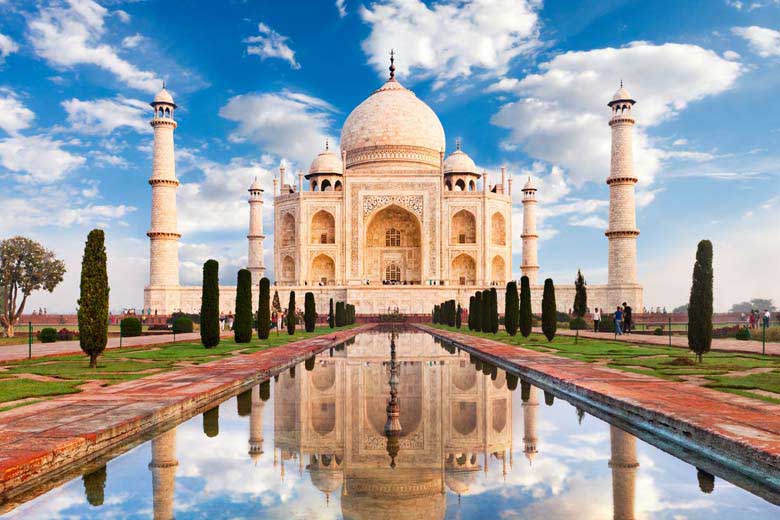
6 Nights / 7 Days
Golden Triangle Vacation Tour
India’s golden triangle is a tourist circuit which includes: Delhi, Agra (including the Taj Mahal), and Jaipur. These trips usually 7 days and do the trip as a circuit starting and ending in Delhi.
View Package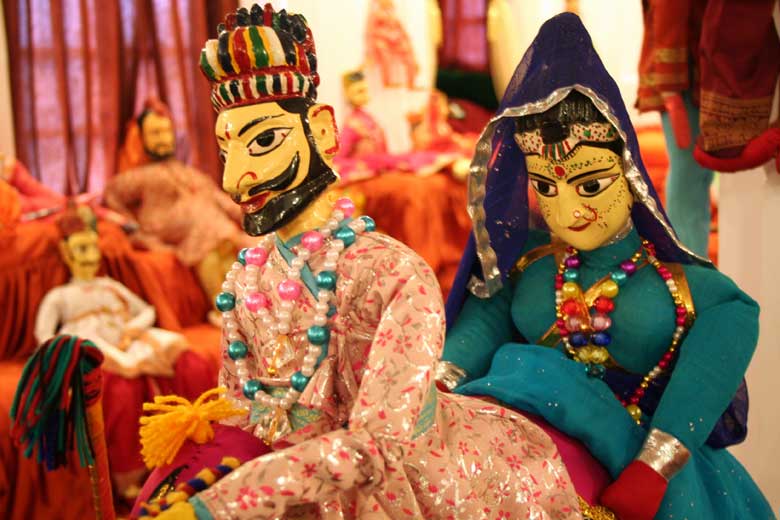
16 Nights / 17 Days
Rajasthan colorful Tour
Coloruful Rajasthan Tour is one of the most popular circuit of India. This tour package accommodates you to endure Rajasthan in all its different colors.
View Package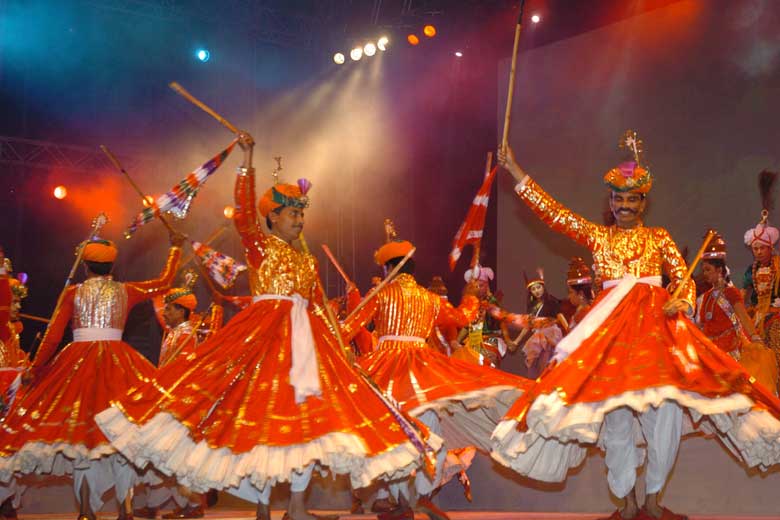
10 Nights / 11 Days
Rajasthan Cultural Tour
The Rajasthan state represents an unusual diversity in all its forms - people, culture, customs, costumes, cuisine, dialects and music and haveli's.
View Package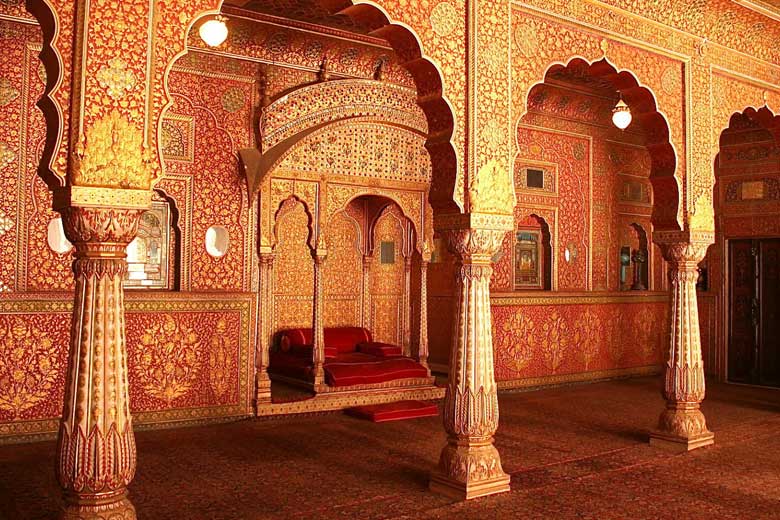
12 Nights / 13 Days
Rajasthan Fort & Palace Tour
Rajasthan is famous all over the world for its stunning forts and palaces that have been gloriously standing since decades in this princely state.
View Package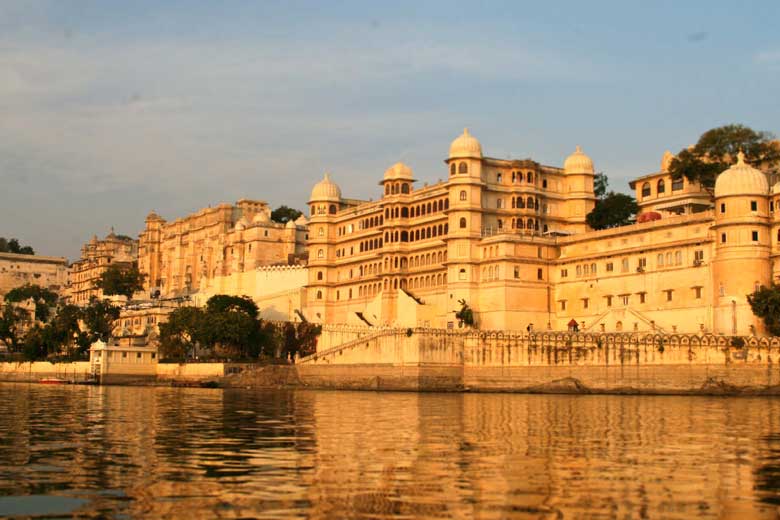
11 Nights / 12 Days
Rajasthan Heritage Tour
Rajasthan known as the "land of kings"provides some marvelous marks from the history in the form of its forts, palaces, mansions and haveli's.
View Package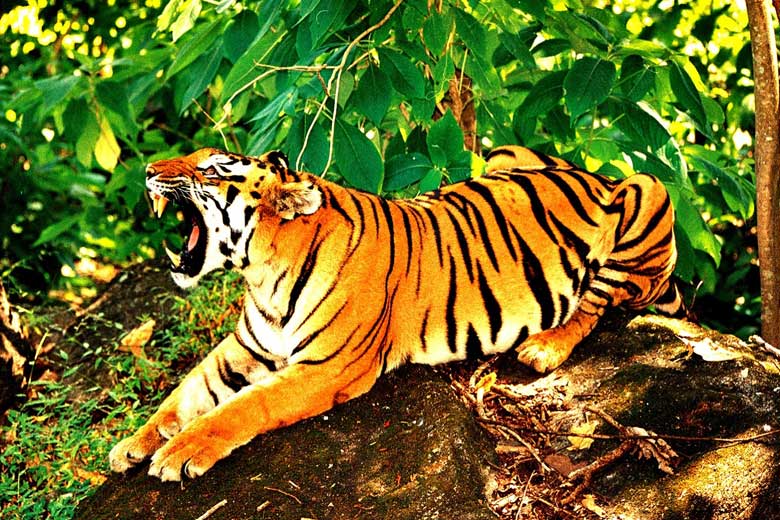
06 Nights / 07 Days
Rajasthan Wildlife Tour
The name Rajasthan has a habit of invoking the images of sun-bathed sand dunes of the Thar Desert, the rustic turban and mustache of Rajasthani men and women’s ghagra.
View Package
 Gujarat Toursim
Gujarat Toursim
 IATO -
Indian Association of Tour Operators
IATO -
Indian Association of Tour Operators
 +91-9811175768
+91-9811175768



